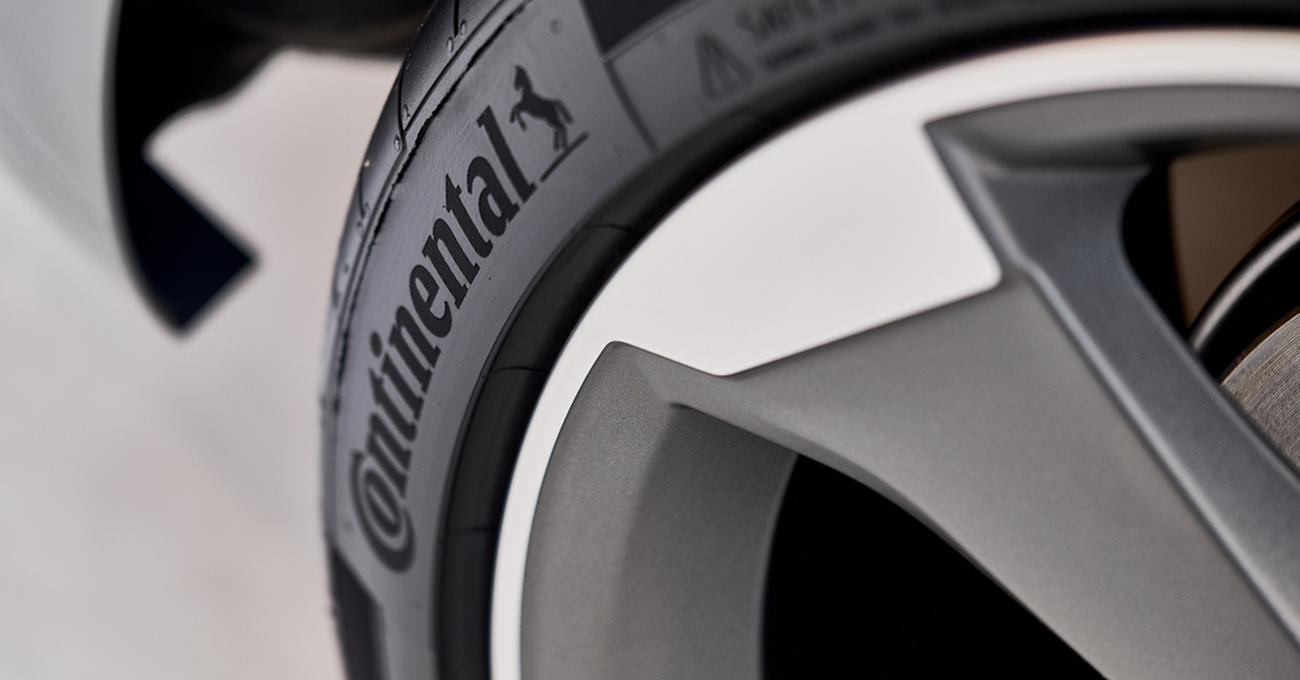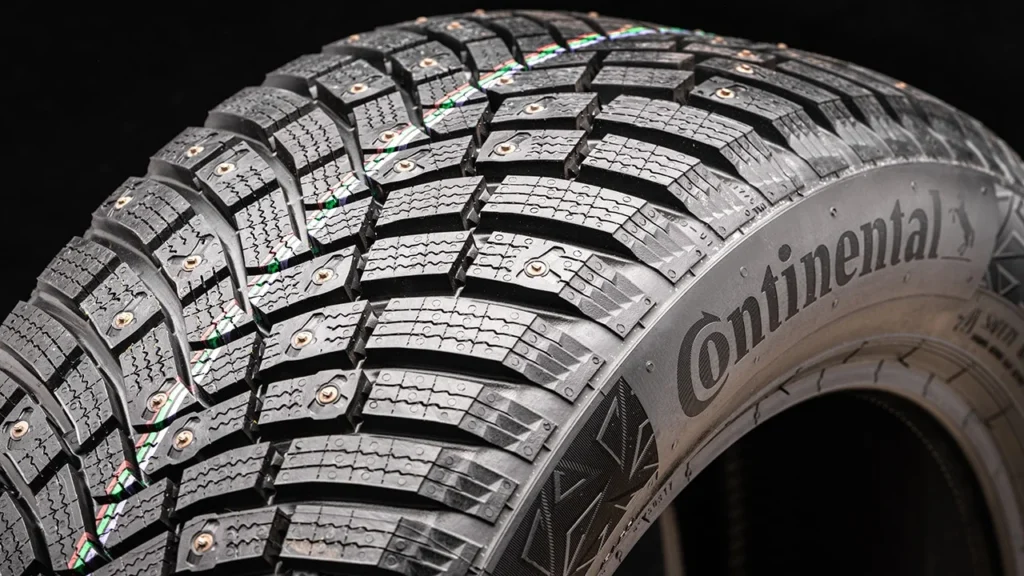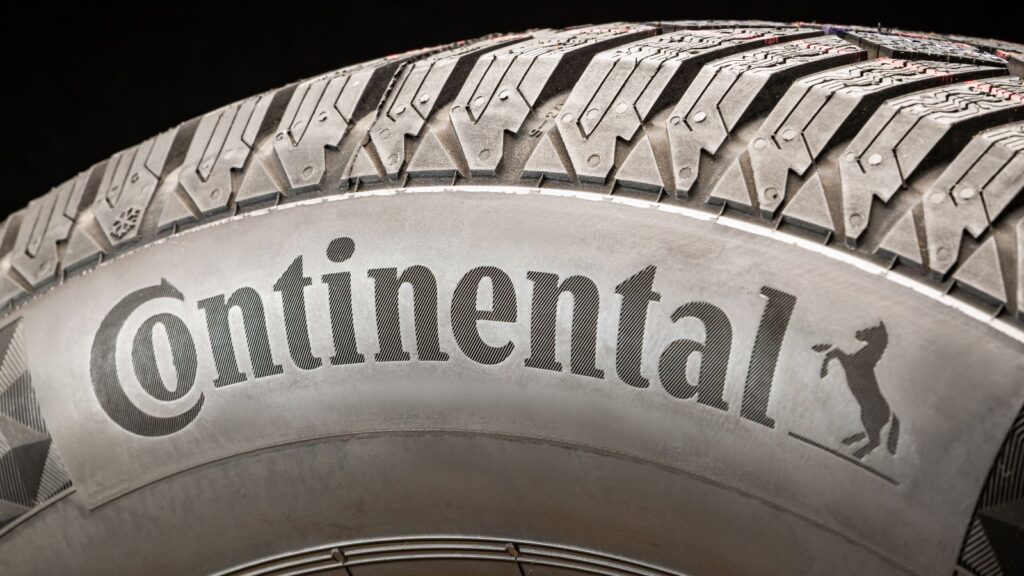
Since its founding in 1871, Continental Tires has been a leader in innovation in terms of the quality and reliability of rubber-based products. While the company was originally formed to manufacture horseshoes, it soon developed into one of the premier tire makers for cars and trucks worldwide.
Thanks partly to its dominance in tire production, Continental is now an internationally recognized name with products ranging from passenger car models designed for everyday use to truck and specialty off-road tires used across various industries.
This article will discuss the historical timeline of Continental Tires alongside several key models currently offered by the company, helping you discover which type is best suited for your vehicle’s needs.
Table of Contents
Continental history

Source: automoblog.net
Continental Tires, also known as Continental AG, is a German multinational company that specializes in manufacturing tires, braking systems, powertrain and chassis components, and other automotive parts. With a rich history dating back to 1871, Continental Tires has grown to become one of the world’s leading tire manufacturers, serving customers in over 170 countries across six continents.
Here are some interesting facts about Continental Tires that you may not have known:
- Continental Tires is a pioneer in tire technology. The company invented the first air-filled tire in 1905, which revolutionized the automotive industry.
- Continental Tires has a strong presence in motorsports, particularly in Formula One. Since 2010, Continental has been an official sponsor of the FIA World Touring Car Championship, providing tires for all cars in the series.
- In 2019, Continental Tires unveiled the Conti C.A.R.E. system, a concept that uses artificial intelligence to monitor tire wear and road conditions in real-time. The system can adjust tire pressure and provide alerts to drivers in order to improve safety and reduce fuel consumption.
- Continental Tires has also made significant contributions to sustainable mobility. In 2011, the company introduced a tire made from dandelion rubber, which is more environmentally friendly than traditional rubber. Additionally, Continental has developed tires that can run on electricity, reducing emissions and improving fuel efficiency.
As the company looks to the future, it will undoubtedly remain at the forefront of tire technology.
Popular Continental tire models

Source: cartalk.com
Continental, a tire brand with a history spanning over 140 years, provides a diverse array of tire models for all sorts of vehicles, making it simple to select a tire that aligns with your driving requirements:
- A model named ContiPremiumContact is created for small to medium-sized cars, providing a strong grip on wet and dry surfaces. Plus, it offers low rolling resistance to boost fuel economy.
- The ContiSportContact model is tailored for sports cars, granting top-notch grip and control. It’s also built for high speeds, a fantastic choice for speed enthusiasts.
- If you’re searching for a tire suited for SUVs and light trucks, consider the ContiCrossContact LX. It delivers outstanding grip on wet and dry roads and offers long tread life, meaning less frequent replacements.
- For those who use electric or hybrid vehicles, Continental presents the EcoContact 6, a tire engineered to decrease rolling resistance and amplify energy efficiency. It’s also low on noise, providing a more peaceful ride.
With such a broad range to choose from, it’s easy to find a Continental tire that fulfills your requirements and fits your budget.
Conclusion
Continental Tires are celebrated globally for its remarkable toughness, long-lasting reliability, and superior performance. As the need for safer driving intensifies, so does the evolution of Continental’s tire models, which deliver comfort and tranquility with its unique “comfort listening technology”, ensuring a smoother and quieter journey.
Now more than ever, Continental is dedicated to meeting the highest safety standards while providing efficient fuel economy performance, protecting our environment through sustainable production operations, and reducing rolling resistance with its lines of “all-season plus” tires.







